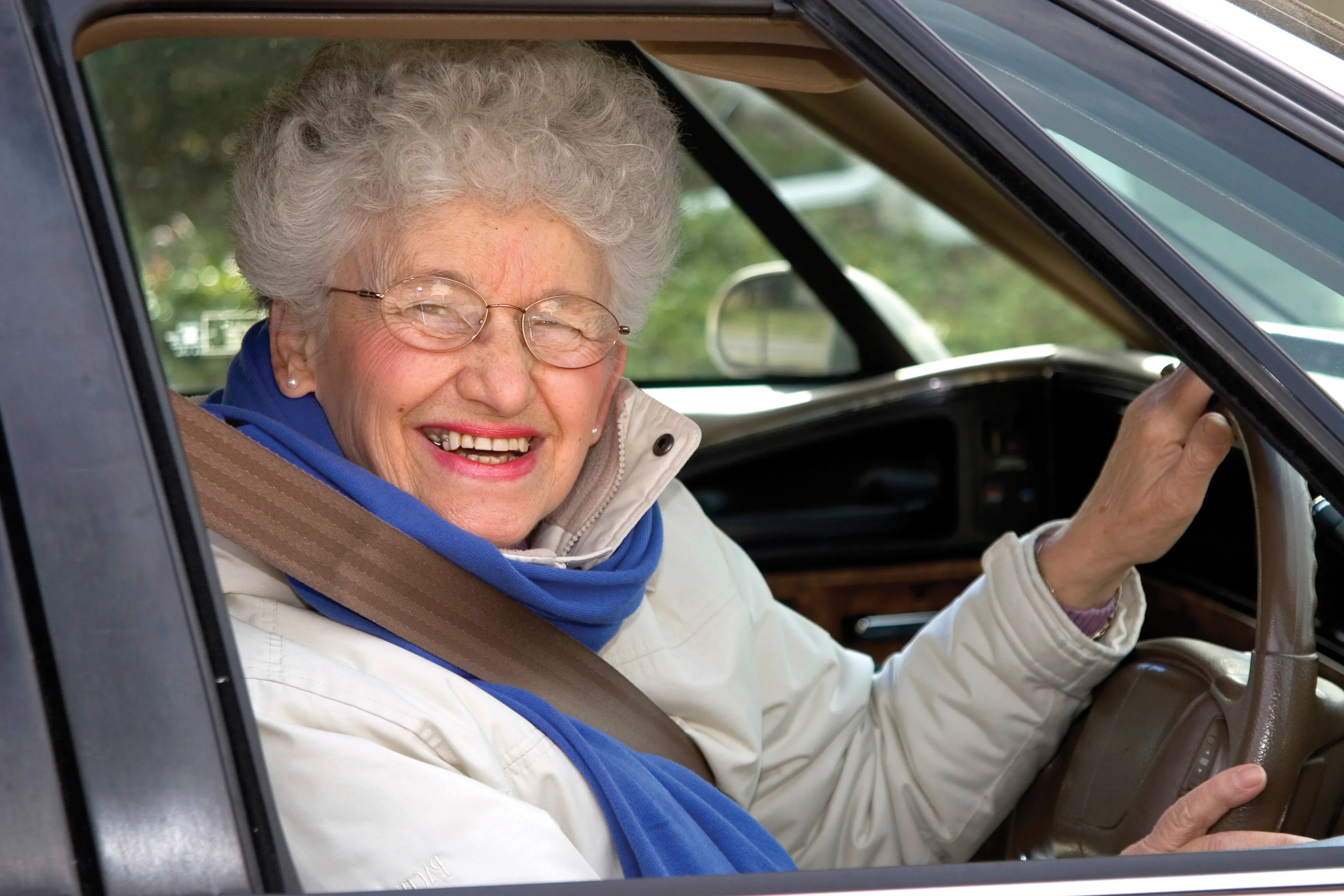According to new figures obtained by the UK
The figures were supplied by the DVLA (Driver and Vehicle Licencing Agency) following a Freedom of Information request made by the IAM, Britain’s leading road safety charity.
The statistics reveal the age groups most commonly carrying out a driving offence that then lead to a subsequent driving ban.
As of 21 June 2014, a total of 92,136 people across the UK were disqualified from driving between July 2013 and June 2014, and of those about 62,000 are still disqualified.
The age with the greatest number of disqualified drivers is 25 with 3,748 serving a driving ban (3,294 males and 454 females).
Some 31,668 males, just over one-third of the total number of people disqualified from driving during this period, were between the ages of 20-30 with males outnumbering females considerably when it comes to carrying out offences leading to a driving ban. In total 13,481 females were disqualified during this time period, less than 15% of the overall total.
And in the 20-30 age group just 4,333 females were disqualified in the 12-month period, compared to 31,668 males.
While 36,001 people between 20-30 were disqualified in the last 12 months, 10,025 people in their fifties and just 3,874 in their sixties were.
The information supplied to the IAM also shows 230 people under 17, and therefore under the legal driving age for the UK were disqualified, including four 12-year-olds and four 13-year-olds. One 12-year-old girl is currently disqualified before her driving career even starts.
Simon Best, chief executive of the IAM, said: “These statistics strongly reflect the research we have already carried out in this area: that young males are very much the at risk group when it comes to driving safety.
“We believe targeting the attitudes of these drivers specifically, through advanced training for example, should be a major part of future road safety campaigning. Reducing offending in this age bracket would dramatically improve safety on our roads for all road users.
“It is also of great concern that youngsters not even eligible to hold a provisional licence are being banned at such young ages. Parents need to be aware their children are putting their own lives and those of others at huge risk by taking the wheel of a car on public roads.”
UK men aged 20-30 most likely to be disqualified from driving, says the IAM
According to new figures obtained by the UK Institute of Advanced Motorists (IAM), male drivers between the ages of 20-30 were the most common group to be disqualified from driving in the 12 months between July 2013 and June 2014.
August 8, 2014
Read time: 2 mins






